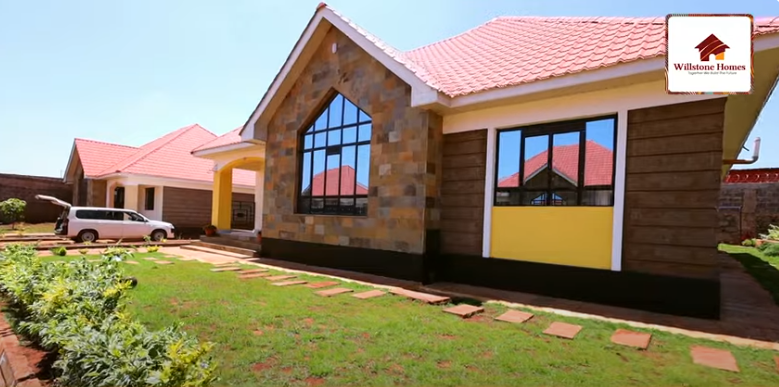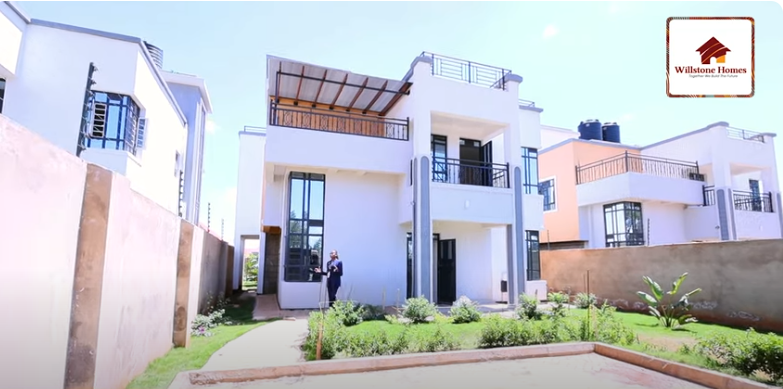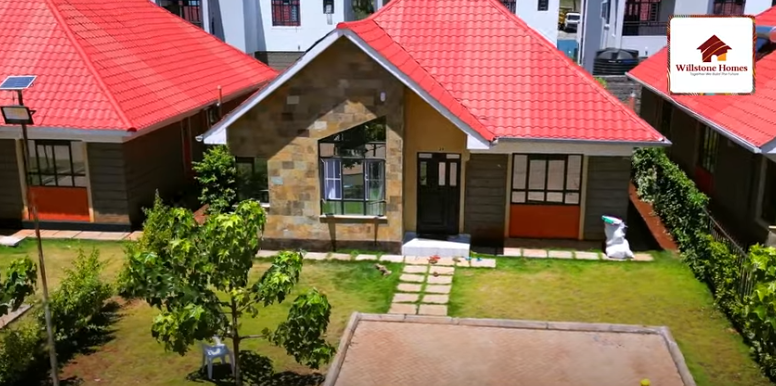The real estate market in Kenya is changing faster than ever. Nairobi, once the uncontested hub, is now competing with satellite towns like Juja, Ruiru, and Athi River. Government policy is pushing affordable housing, while the private sector doubles down on gated estates and mixed-use developments. Add in global economic shifts, diaspora remittances, and infrastructure projects like the Nairobi Expressway — and the market heading into 2026 looks very different from today.
So what should buyers, sellers, and developers really prepare for in the next three years?
1. Buyers: Expect Tighter Lending but More Choice
By 2026, banks and SACCOs are expected to tighten lending terms as Kenya adjusts to global interest rate pressures. Mortgages, already expensive, may remain out of reach for many middle-class families.
But there’s good news:
- More affordable housing projects will hit the market through the government’s Boma Yangu program.
- Gated communities in Nairobi’s satellite towns will remain attractive for buyers seeking long-term appreciation and lifestyle.
- Flexible payment plans from developers like Willstone Homes (installments, mortgage partnerships) will help buyers manage costs without waiting for full financing.
👉 Buyers should be prepared to compare not just prices, but long-term value, location, and developer credibility.
2. Sellers: Slower Resale Market, Faster Rental Growth

For property owners, the Nairobi resale market is expected to slow slightly, especially for high-rise apartments in oversupplied areas like Kilimani and Kileleshwa.
However, the rental market will strengthen in satellite towns and mixed-use estates as more Kenyans seek affordable yet modern housing options.
- Apartments near transport corridors (like BRT and Expressway exits) will fetch higher rents.
- Well-located gated homes will attract both local tenants and diaspora renters.
👉 Sellers should plan for longer holding periods, but higher rental yields if they position their property correctly.
3. Developers: Two Competing Futures
By 2026, developers will have to navigate two competing futures for real estate in Kenya:
- Policy-driven supply → Affordable housing, backed by government incentives, but with lower margins.
- Investor-driven supply → Gated communities and lifestyle estates, which remain attractive to diaspora buyers and Kenya’s growing middle class.
Smart developers will likely pursue hybrid strategies: offering entry-level units alongside aspirational projects to balance social demand with profitability.
4. Infrastructure: The Silent Value Driver
The Nairobi Expressway proved one thing: infrastructure changes property values overnight. Expect the same ripple effects from:
- Ongoing dualling of highways toward satellite towns (Kangundo Road, Thika Superhighway).
- Nairobi’s Bus Rapid Transit (BRT) rollout.
- New industrial hubs in Athi River and Naivasha.
Properties near these infrastructure upgrades will enjoy the highest appreciation between now and 2026.
5. Diaspora Remittances: Still the Biggest Driver
Kenya’s diaspora continues to send home over KES 600 billion annually (CBK data), much of it directed into real estate. In 2026, this inflow will remain the single biggest driver of demand — especially for gated communities that combine lifestyle with investment security.
Read Also: Willstone Homes Prices in Kenya: 2025 Guide for Buyers
Preparing for 2026

The message is clear: real estate in Kenya is diverging. Affordable housing will help close the shelter gap, but gated communities and infrastructure-driven developments will dominate the investment story.
👉 For buyers, this means choosing wisely today for 2026 returns.
👉 For sellers, it means holding property strategically to tap into rental growth.
👉 For developers, it means balancing policy-driven housing with aspirational projects.
If you want a future-proof investment, Willstone Homes’ gated communities remain one of the strongest plays in Nairobi’s evolving property market. With flexible pricing from KES 6.5M to KES 18.5M, they deliver both the security of homeownership and the growth potential of true investor-grade real estate.





